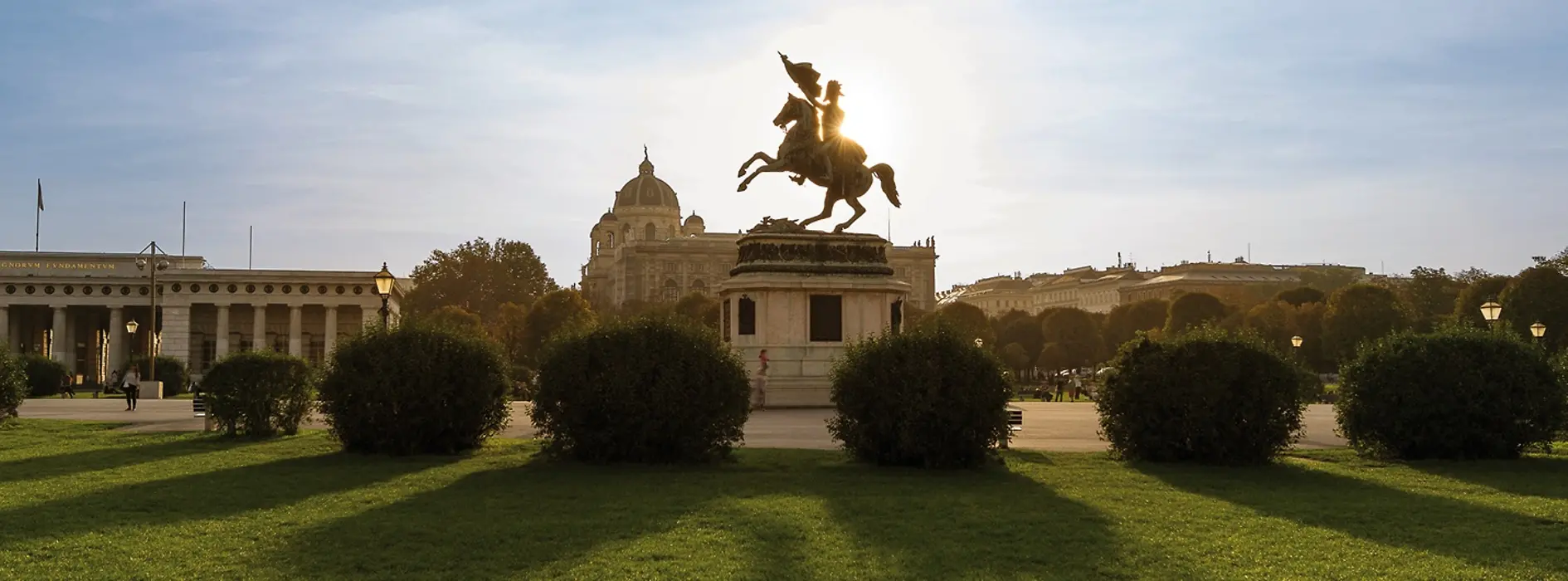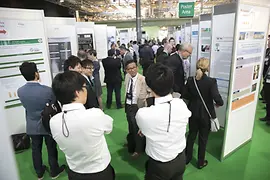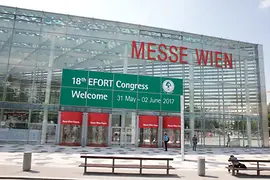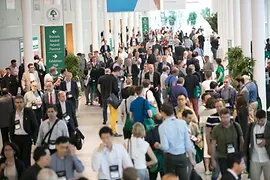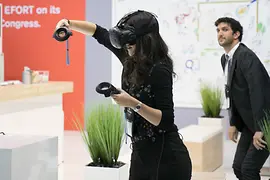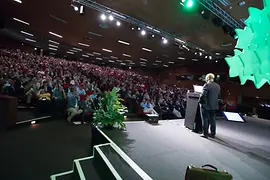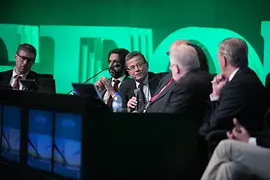"Thank you, Vienna"
With around 8,000 participants and 40,000 overnight stays, the congress of the European Federation of National Associations of Orthopaedics and Traumatology (EFORT) is one of the larger events in the field of medicine. The event was last held in Vienna in 2017, and was due to return here again this year – to a city with which the collaboration is exemplary, as EFORT managing director Adrian Ott puts it. The congress has instead been postponed for a year due to the coronavirus crisis. "Exemplary support" has been provided in the search for solutions, says the head of the Geneva-based organization in an interview.
How is EFORT dealing with the coronavirus crisis?
Adrian Ott: At the beginning of March, the board members of EFORT were still optimistic about being able to hold the 21st EFORT annual congress in Vienna in June as planned. On April 6, the global COVIC-19 pandemic finally forced us to take the difficult decision to postpone the event to 2021 and offer a new educational format in autumn instead. The health and safety of all participants, sponsors, service providers, and employees took priority for us, and always will do.
What are currently the biggest challenges?
Apart from the logistical aspects resulting from the cancellation and postponement of the congress, there is now a debate how health organizations can and should be able to act in future in light of the “new normal”. Are today’s heavily used means of communication like Zoom only temporary solutions until we can meet each other face-to-face again, or will we have to balance out a wide range of different interaction formats and finally include them in the equation?
To what extent is the business model of congress organizers like EFORT threatened by coronavirus?
You can look at the glass as being half empty or half full. I tend towards the latter. While I think that volumes will shrink in the next few years, I don’t think that congresses will disappear as a platform for conveying knowledge and personal networking or that they will be replaced by exclusively virtual solutions. What is clear is that the "new normal" will accelerate other, innovative forms of imparting knowledge. We will be holding a virtual EFORT congress (VEC) for the first time from October 28 to 30, 2020.
And the contents?
Learning, networking, and science are the three pillars of the program, the main topic is "Harmonization and Diversity". We are working on interactive sessions and also on a virtual exhibition which will give companies multiple opportunities to interact directly with the public and present their latest solutions. We have secured a renowned medical faculty as a partner and are proud to be able to ensure that a number of our highlights, like the lectures of honor, can also be held in a virtual format.
Can virtual conferences ever replace face-to-face events?
The magic formula is probably a hybrid of the two. Taking this approach can optimally round out an organization's educational offering.
Are congresses in the old familiar form a dying model?
They will be if we simply continue with them as they are and don’t make any changes. However, I'd like to believe that the "face-to-face" components will always take precedence over virtual solutions, however efficient these may be. EFORT has set up a congress innovation group. This has already organized several workshops, in which the views of the industry, surgeons, and trainees are discussed for how we could use new training opportunities together and so create additional value added. Perhaps this will start with a needs analysis that can lead to a better understanding of the current gaps and challenges for European orthopaedics and traumatology specialists. The goal should be to supply evidence for the development of needs-based training and developmental activities. As a rule, these findings should then be applied and reflected in a congress program.
How can partners like the Vienna Convention Bureau support EFORT event better in the future?
Firstly, we say thank you to Vienna and to all the partners we work with: they have supported EFORT in its search for solutions and new opportunities in an exemplary manner. If it would be possible to bring the majority of providers to a common denominator, that would be a great achievement. As a platform organization, the Vienna Convention Bureau may, of course, have the ability to work for unity and harmonization when it comes to dealing with unusual situations and managing customer relations.
